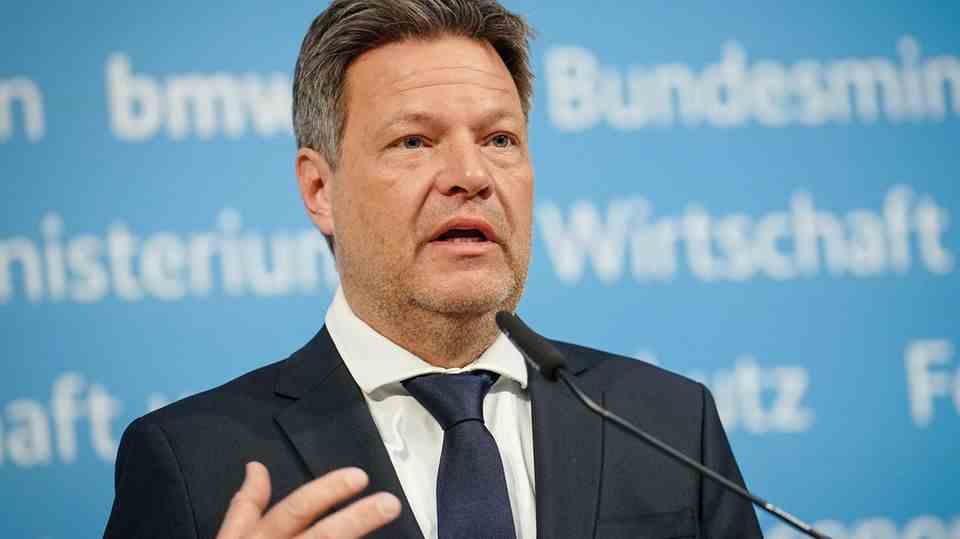column
Marketplace: The Capital Column
Corona, war, climate change: the crises of the 21st century have made us driven
Get out of the shock! Horst von Buttlar warns against falling into lethargic inactivity in the face of the current global political crises
© Christoph Schmidt / Picture Alliance / DPA
The war opened an abyss of the 20th century when we finally wanted to tackle the tasks of the 21st century. We shouldn’t stay in this hole.
We live in times of turning point, in “another world”, there is a before and an after. Everyone is saying that the war in Europe has changed everything, be it a rupture, a rupture in civilization, the end of the old world order, the return of an old imperialism. Big words and sentences with which we try to grasp the incomprehensible. And yet there is a lot of fear and helplessness behind these times-changing sentences. What’s next?
The plan was different. Since autumn, this country has wanted to break out, reinvent itself, become faster, “dare more progress”. Instead, crisis management, rearmament, Cold War 2.0. The pollsters in Allensbach diagnose an “unprecedented collapse of optimism about the future”; just under every fifth German looks to the future with hope. We fell into a hole, into another, different hole than two years ago when we also came down in the first lockdown – and waited for summer.
Ukraine is suffering from this war, that is the first priority. But after a few weeks of the war, which has escalated into a brutal war of bombing, trench warfare and attrition, we must first draw a conclusion as to what the shock waves of Russian aggression have done here as well.
We don’t design, we react
In this shock, Europe is united like never before, but vulnerable, overwhelmed. Close to the US, as if Trump had never existed. We’re supplying weapons, considering new missile shields, committing more money to new weapons than we ever thought possible. Some politicians had to clear away more convictions within a few days than volts fit in a lifetime. Our government leads with a traumatized pragmatism, even if Olaf Scholz seems absorbed. She does what needs to be done. First and foremost Robert Habeck, who certainly never wanted to negotiate gas contracts in Qatar. Or think about coal reserves. If this government were human, it would have turned gray overnight.
In his shock, Habeck also provides the superstructure: We all imagined the future differently, especially with the existential conversion of the economy to climate neutrality. Gas was supposed to be the bridge technology, Putin’s gas, but Russia has terribly thwarted that plan. Now a path that was already difficult becomes even more difficult. Should we now build wind turbines 3.5 times as fast instead of three times as fast?
This is the best assumption of all: just as a terrible pandemic brought us a blissful shock digitization and made us better and faster, this war could finally shake us up: because it will make us painfully aware of our dependence on fossil fuels and our vulnerability. The abstract need to convert the economy to be climate-neutral is becoming terribly concrete because the gas pipeline in Putin’s Russia is one of the last connections to this despot. However, this knowledge does not yet close a power gap and does not replace an oil heating system. The pragmatism of these weeks should keep us going, not wishful thinking, even if we remain driven. And that’s us – we don’t design, we react.
In all the major crises that have shaken us far too often since 2008 – financial crisis, euro crisis, refugee crisis, corona crisis – we were driven. The war opened up an abyss of the 20th century, just at a time when we finally wanted to tackle the 21st century. This is a tragedy, but it shouldn’t paralyze us forever, just make us more determined. What was important and right before doesn’t become unimportant or wrong.



